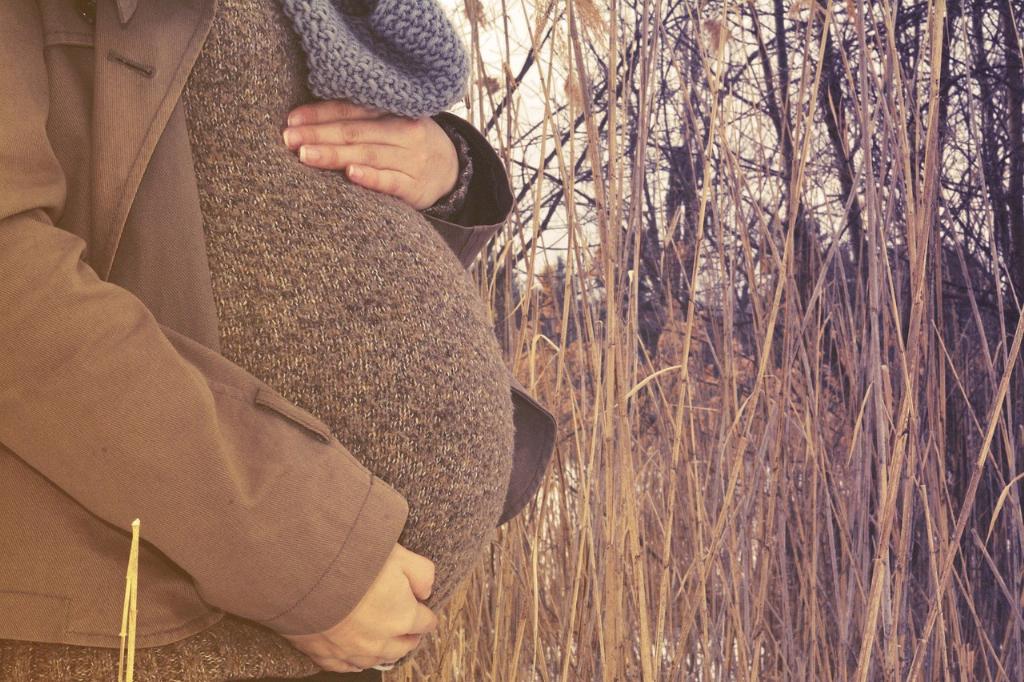Many individuals with a bicornuate uterus may wonder about the feasibility of having a normal pregnancy. It’s essential to explore the intricacies of this condition to understand how it can affect your pregnancy journey. Let’s delve into the details to shed light on this topic.
What is a Bicornuate Uterus?
A bicornuate uterus, also known as a heart-shaped uterus, is a congenital uterine anomaly that occurs during fetal development. In this condition, the uterus is divided into two distinct cavities, giving it a heart-like shape. This structural abnormality can impact pregnancy outcomes in some cases.
Factors to Consider
Individuals with a bicornuate uterus may face certain considerations during pregnancy. The unique shape of the uterus can increase the likelihood of a breech presentation, which may necessitate a cesarean delivery. However, it’s essential to note that many individuals with this condition can still have a healthy pregnancy and a normal delivery.
Risks and Precautions
While having a bicornuate uterus does pose some risks, it’s crucial to work closely with your healthcare provider to mitigate these potential concerns. Regular prenatal check-ups, ultrasounds, and monitoring can help ensure the well-being of both you and your baby throughout the pregnancy.
Consultation with Healthcare Providers
Before trying to conceive or during early pregnancy, consulting with your obstetrician or a specialist in high-risk pregnancies is advisable. They can provide personalized guidance based on your individual health profile and the specifics of your bicornuate uterus.
Fertility and Conception
Individuals with a bicornuate uterus may have concerns about fertility and the ability to conceive. While this uterine anomaly can impact fertility in some cases, many individuals with this condition can still conceive naturally with proper monitoring and care.
Pregnancy Monitoring
Throughout your pregnancy, your healthcare team will closely monitor your progress to ensure that both you and your baby are healthy. This may include more frequent ultrasounds to assess fetal growth and positioning to plan for any potential delivery challenges.
Delivery Considerations
As you approach your due date, discussions about the mode of delivery will become more pertinent. While vaginal delivery is possible for many individuals with a bicornuate uterus, the position of the baby and the overall safety of both mother and child will determine the best approach.
Postpartum Recovery
After delivery, your healthcare provider will continue to monitor your recovery closely. It’s essential to follow any postpartum care instructions provided to ensure a smooth transition into motherhood and promote optimal healing.
Emotional Support
Coping with the challenges of a bicornuate uterus and navigating pregnancy can be emotionally taxing. Seeking support from loved ones, joining support groups, or talking to a therapist can help you manage stress and anxiety during this time.
Conclusion
In conclusion, while having a bicornuate uterus may present certain considerations during pregnancy, many individuals can have a normal pregnancy and delivery with proper care and monitoring. By working closely with your healthcare team and staying informed about your condition, you can embark on your pregnancy journey with confidence and positivity.

